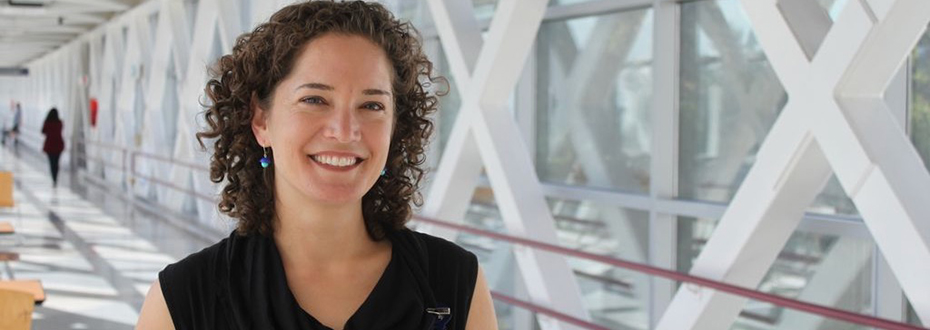IMPACT Education and Training

In the course of our advocacy work, IMPACT has developed many educational resources tailored to the needs of hospital-based addictions care. We make these materials available to help communities deliver effective, compassionate care in Oregon and nationwide.
The resource library below includes a provider tool kit, training materials, clinical guidance, action steps and more.
Tools for clinicians
Opioid use disorder (currently undergoing revision)
- OHSU Medication for Opioid Use Disorder Policy (includes general guidance on methadone and buprenorphine management)
- OHSU Precipitated Withdrawal order set word doc
- Buprenorphine Macrodose Order Set
- OHSU Perioperative Buprenorphine Policy
- OHSU buprenorphine traditional induction order set
- OHSU buprenorphine low-dose/microdose induction order set
- UPDATED OHSU Buprenorphine Low Dose/Microdose Induction order set
- OHSU pharmacy demonstration of how to administer naloxone (via Fox-12 KPTV)
Alcohol use disorder
- Alcohol use disorder treatments (patient handout)
IMPACT toolkit
This comprehensive set of tools shares best practices to help hospitals implement treatment for substance use disorders.
It includes an overview of the roles and responsibilities for providers and staff, along with a case study to illustrate how the various tools can be applied.
It also includes practical tools such as medication protocols, risk assessments and point-of-care treatment guide, along with sample documents to aid provider communication.
Difficult conversations
The Oregon Pain Guidance offers information and resources for navigating difficult conversations with patients.
In particular, the handout from Oregon Pain Guidance "Common Traps and Negotiation Strategies" by Brad Anderson, MD offers guidance on handling common patient reactions during difficult conversations.
OPTIONS DC conference: For patients who need prolonged antibiotics, IMPACT partners with our colleagues in infectious diseases and others to conduct this structured, multidisciplinary, interprofessional care conference. OPTIONS DC aims to identify feasible treatment options that are agreeable to patients and providers using frameworks of harm reduction and patient-centered care.
Multidisciplinary endocarditis team (MEND) conference: MEND guides medical decision making and reviews surgical indications for patients with infective endocarditis. This structured, interprofessional conference brings together representatives from cardiac surgery, cardiology, hospital medicine, addiction medicine, infectious diseases, nursing, social work, case management, ethics, psychiatry and palliative care.
IMPACT offers guidance for integrating peers into general hospital settings.
Our resources include a preparedness checklist and guidance for identifying in-hospital support for peers. We also offer recommendations for peer hiring and retention, training and supervision.
- Alcohol use disorder harm reduction - safer drinking steps
- Alcohol use disorder treatments
- Buprenorphine formulation - myths and facts
- Buprenorphine information
- Buprenorphine micro-dosing information
- How to use Narcan nasal spray
- How to use Naloxone - signs of opioid overdose
- Opioid use disorder treatments
- National Harm Reduction Coalition safer use information
- Xylazine wound care guide
Self-paced educational resources
IMPACT’s video series guides providers through common — and sometimes difficult — scenarios they may encounter when caring for patients with substance use disorders.
IMPACT developed these videos from its work modeling provider-patient interactions as part of our telementoring program for providers.
Physician
Social Work
Hospitalist Harm Reduction
Peer Support
IMPACT members have given dozens of telementoring presentations to providers throughout Oregon as part of our partnership with the Oregon ECHO Network.
IMPACT’s leaders present a clear view of how hospital-based addictions care could improve, debunk misperceptions about treatment for substance use disorders and identify action steps for hospitalists and hospital leaders looking to improve care.
Read “A Call to Action: Hospitalists’ Role in Addressing Substance Use Disorder” in the Journal of Hospital Medicine.
IMPACT’s research is widely published in academic journals. Select publications include:
- "A Taxonomy of Hospital-Based Addiction Care Models: a Scoping Review and Key Informant Interviews," Journal of General Internal Medicine, May 2022.
- "Rapid Low-dose Buprenorphine Initiation for Hospitalized Patients With Opioid Use Disorder," Journal of Addiction Medicine, July 2023
- “Predictors of opioid and alcohol pharmacotherapy initiation at hospital discharge among patients seen by an inpatient addiction consult service,” Journal of Addiction Medicine, September/October 2020
- “Inpatient Addiction Medicine Consultation and Post Hospital Substance Use Disorder Treatment Engagement: A Propensity Matched Analysis," Journal of General Internal Medicine, December 2019
- “Patterns of substance use before and after hospitalization among patients seen by an inpatient addiction consult service: A latent transition analysis,” Journal of Substance Abuse Treatment, November 2020
- “ ‘We've Learned It’s a Medical Illness, Not a Moral Choice’: Qualitative Study of the Effects of a Multicomponent Addiction Intervention on Hospital Providers' Attitudes and Experiences,” Journal of Hospital Medicine, November 2018
- “Trust in hospital physicians among patients with substance use disorder referred to an addiction consult service: a mixed-methods study,” Journal of Addiction Medicine, February 2021
- “ ‘If it wasn’t for him, I wouldn’t have talked to them’: Qualitative Study of Addiction Peer Mentorship in the Hospital,” Journal of General Internal Medicine, December 2019
- "Hospital standards of care for people with substance use disorder," New England Journal of Medicine, August 2022
Contact us
Email OHSU’s IMPACT program:
impactadmin@ohsu.edu
Call the OHSU Addiction Consult Line: 503-494-4567, 8 a.m.-5 p.m. weekdays
Meet OHSU’s addiction medicine specialists

These clinicians and researchers are focused on finding solutions to the opioid epidemic.
COVID-19 hampers access to addiction care

Research done early in the pandemic found that hospitals need to better understand how to care for people with substance use disorder, many of whom lack access to basic needs.